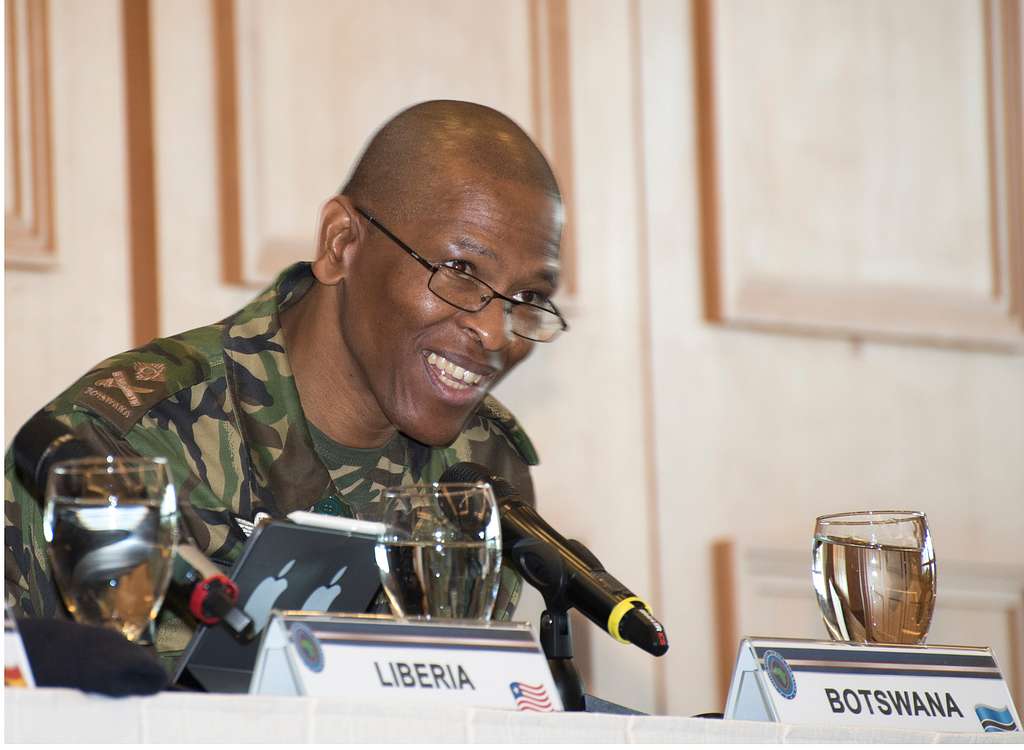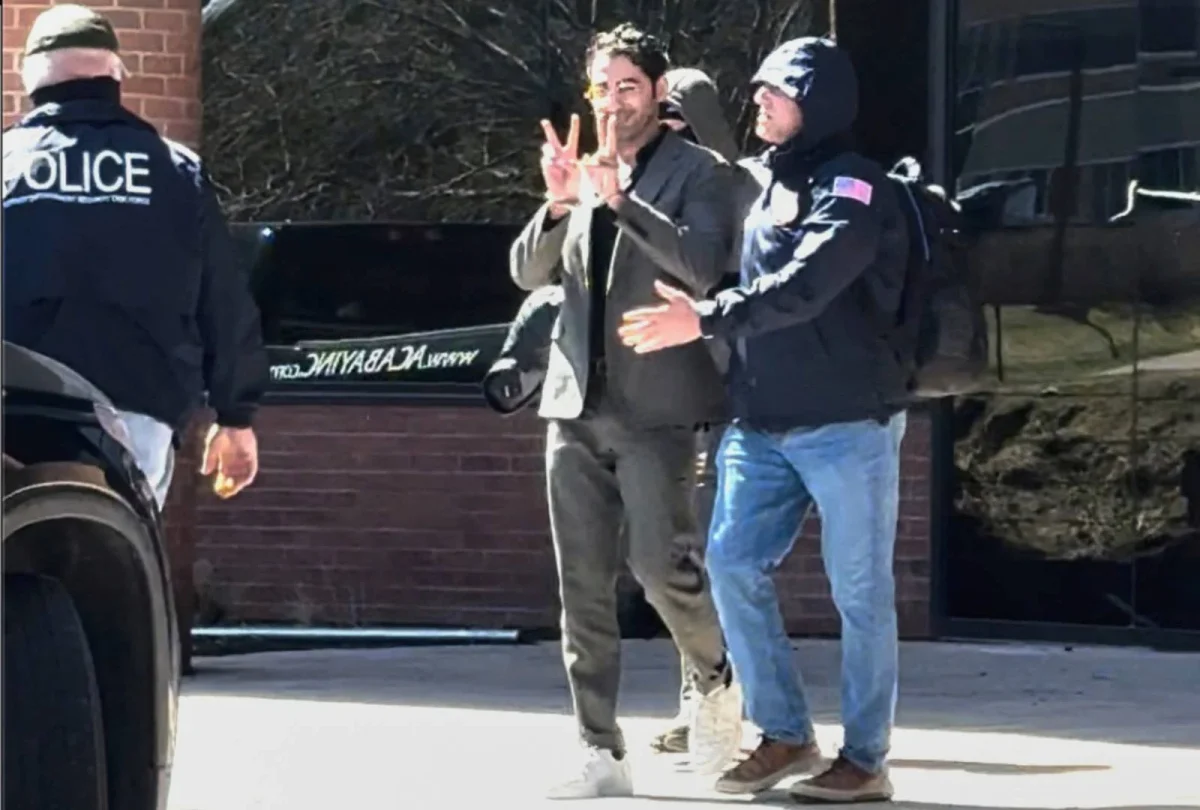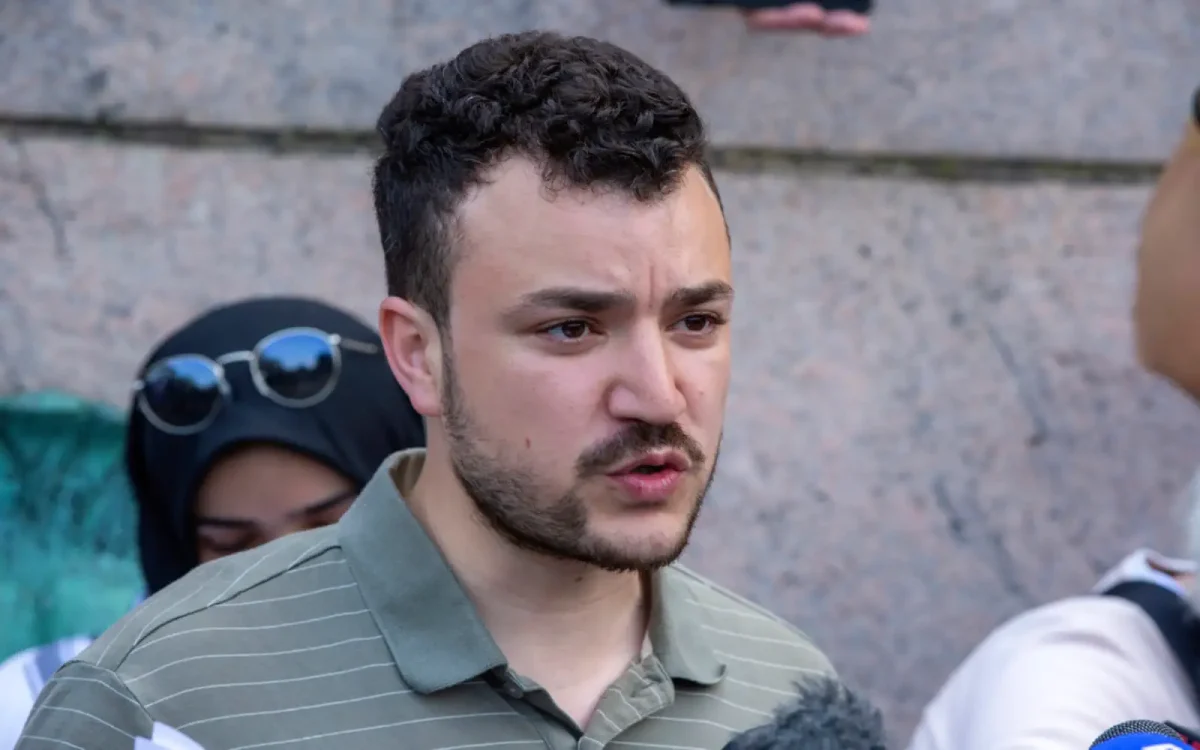When asked if they knew someone who is or has been in a violent relationship, many people in the room raised their hands much to the surprise of many in the crowd. However, according to a recent study, the issue is a lot more prominent than what people might think. The study reveals that one out of four women (25%) will experience domestic violence in their lifetime. Last Wednesday, The Movement and The Women’s Center hosted Crossing the Cultural Barriers Panel Discussion, as one of the events coordinated by the groups to raise awareness during Domestic Violence Awareness Month.
People in the audience who were sitting next to chairs that were taped off with crime scene tape read off four different scenarios of domestic violence homicides. All the crimes took place right here in Wake County and out of all the victims, three women and one man, all were killed by their spouse or significant other. In fact, within the past year, there have been 151 domestic violence homicides in the state of North Carolina. Following this exercise, the attention was turned to the discussion panel that represented members from five different communities: The African-American Community, the GLBT (Gay, Lesbian, Bi-sexual, and Transgender) Community, the Latino Community, the College Community, and NCSU male professor and sociologist, Michael Schwalbe. All of these panelists are involved in the efforts to combat domestic violence. The first one to speak was Chimi Boyd-Keyes, Director of the Women’s Center at North Carolina Central University. Ms. Keyes, representing the issue from the African-American point of view, explained that Black women account for one-third of interpersonal violence (IPV) homicides even though we make up only 8% of the population in the United States. She further went on to say that the rate of occurrence for domestic violence for both African-American men and women is considerably higher than other groups: approximately 35% -62% higher rate of IPV for black women and men over their white counterparts, respectively. “The weight of keeping the family together and keeping our men out of prison are some of the possible reasons why black women don’t report instances of domestic violence,” said Keyes when explaining to the audience why black women do not go for help when they are in abusive relationships. As for ways to help fight the problem in the community, she stated that there is no “easy” answer and that different approaches are needed to deal with domestic violence accordingly.
Justine Hollingshed, Director of the GLBT Center here at NC State, shared that there are a lack of resources and support in the GLBT community that prevent those in the GLBT community from getting the proper care that is needed when cases of domestic violence occur (approximately 30% of GLBT couples are involved in domestic violence relationships). She also pointed out that many victims are scared of being ‘outed’ as one of the main reasons why they do not come forward and report these crimes. Also, like in many other communities, some in the GLBT community chose not to believe that the problem exists. Carolina Alzuru, Latino Services Coordinator at the Orange County Rape Crisis Center, noted that there are many barriers that affect those in the Latino community when it comes to domestic violence that include language, deportation fears, low income, and lack of trust in institutions to name a few. “Machismo, shame, and religion are a few of the reasons why many domestic violence and sexual assaults go unreported in the Latino community,” she added.
Christina Scarano, a senior in Criminology at NC State, gave the college student’s prospective on the panel. Scarano said that college students underreport domestic violence and rapes and that accessibility issues have made this a problem. “Victims do not have active support among their peers and that many chose to blame the victim and not the perpetrator is another reason why so many students underreport these crimes,” she said. Michael Schwalbe, a professor in the Sociology department at NC State, boldly announced in his opening statement that “There does exist a problem” and that men can help women fight it by changing the way the think about domestic violence. He also stressed that the university should invest in hosting anti-violence programs to deal with the problem, which recently, has been an issue at the university.
At the conclusion of the event, students were allowed to ask the panel questions and obtain more information about The Movement and other organizations. “It was a successful event tonight and I feel that people received a lot of good information about this topic,” said Keisha Webb, a senior in Psychology and co-coordinator of The Movement. “We’ve also had a lot of people requesting to take our class, ECD 296D, wanting to learn more about “The Movement,” she continued. To learn more information about The Movement, visit www.ncsu.edu/themovement.




